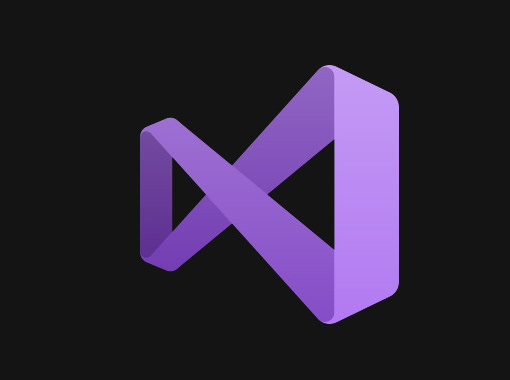Visual Studio is an integrated development environment (IDE) created by Microsoft for software development, including Windows applications, web applications, mobile applications, and cloud-based services. It provides a comprehensive set of tools and features that make it easier for developers to create, debug, and deploy software.
Key features and components of Visual Studio include:
Code Editor: Visual Studio includes a powerful code editor with features like syntax highlighting, code completion, and code refactoring tools. It supports a wide range of programming languages, including C#, C++, Python, JavaScript, and more.
Debugging Tools: Visual Studio offers robust debugging capabilities, allowing developers to set breakpoints, inspect variables, and step through code to identify and fix issues in their applications.
Integrated Development: It provides an integrated development environment with a rich set of tools, such as project and solution management, version control integration (e.g., Git), and a built-in package manager (NuGet).
User Interface Design: Visual Studio includes tools for designing user interfaces for desktop, web, and mobile applications. For example, you can create Windows Forms, WPF, ASP.NET, and Xamarin UIs.
Extensions and Add-ons: Developers can extend the functionality of Visual Studio through a vast ecosystem of extensions and add-ons available in the Visual Studio Marketplace. These extensions can enhance productivity and support additional programming languages and frameworks.
Cloud Development: Visual Studio offers integration with Microsoft Azure, making it easier to develop, test, and deploy cloud-based applications and services.
Cross-Platform Development: With Visual Studio, you can develop applications for various platforms, including Windows, macOS, Linux, Android, and iOS. This is achieved through features like Xamarin for mobile app development and support for cross-platform web development.
Performance Profiling: Visual Studio includes profiling tools to help optimize the performance of your applications by identifying bottlenecks and resource usage.
Testing Tools: It provides tools for automated testing, including unit testing, load testing, and code coverage analysis.
Collaboration and Team Development: Visual Studio supports collaboration among developers through features like Team Foundation Server (TFS) or Azure DevOps for version control, issue tracking, and continuous integration.
Code Analysis and Code Metrics: Developers can use static code analysis and code metrics tools to maintain code quality and identify potential issues.
Visual Studio Code: Microsoft also offers Visual Studio Code (VS Code), a lightweight, cross-platform code editor that is different from the full Visual Studio IDE but is highly extensible and popular among developers for various programming tasks.
Visual Studio comes in different editions, such as Visual Studio Community (free for individual developers and small teams), Visual Studio Professional, and Visual Studio Enterprise (with more advanced features and team collaboration tools). The choice of edition depends on the specific needs and scale of the development projects.
